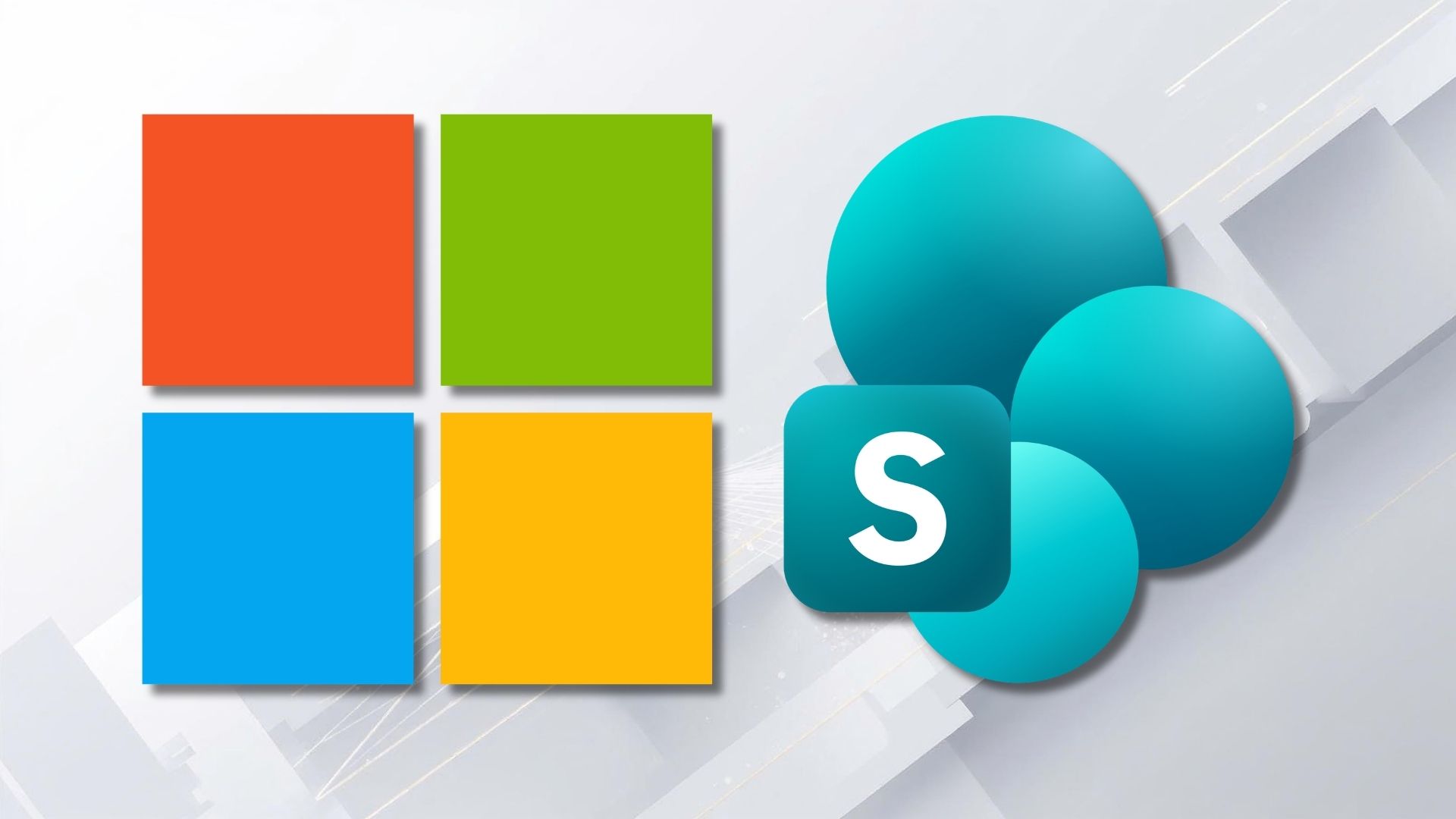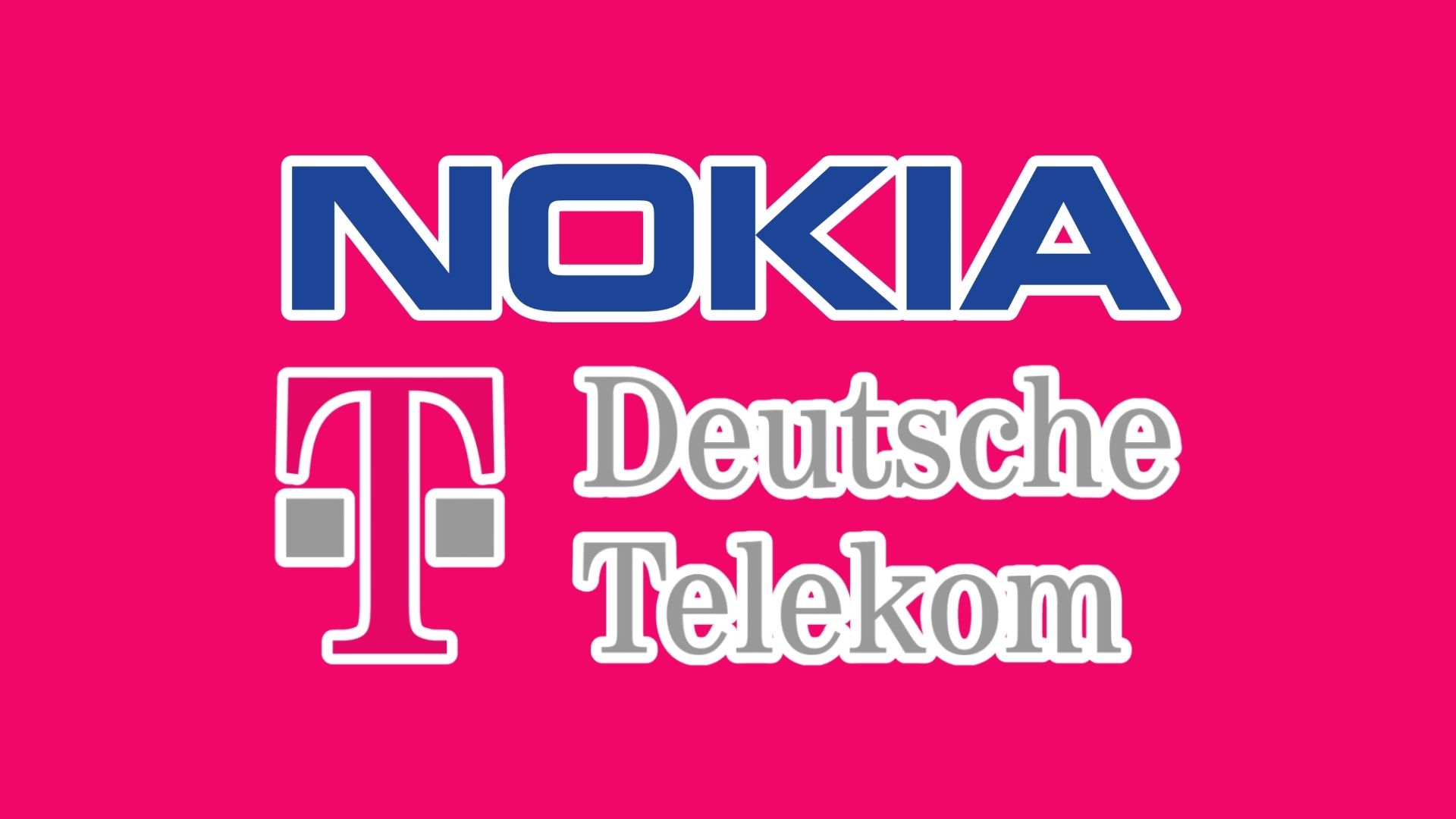Twenty-five years after its launch, SharePoint has grown into one of Microsoft’s largest collaboration platforms, serving more than one billion users annually. The service now underpins vast volumes of enterprise content, with billions of files and millions of sites created each day.
Microsoft positions the platform as a foundational knowledge layer for Microsoft 365 Copilot. As the primary grounding source for Copilot, it contributes to the Work IQ intelligence layer, enabling AI tools to operate within an organisational context.
New agentic capabilities allow teams to build solutions using natural language prompts within governed Microsoft 365 environments. Custom AI skills package organisational standards, terminology, and business logic, helping ensure outputs align with internal policies and workflows.
AI-driven publishing features are now embedded across its web authoring tools. Organisations can plan, refine, and distribute content at scale while maintaining governance controls and consistent communication standards.
Content stored in SharePoint also powers semantic indexing and retrieval systems that support contextual discovery across Microsoft 365 applications. Microsoft says these capabilities enable more proactive knowledge surfacing and strengthen Copilot’s ability to deliver grounded responses.
Would you like to learn more about AI, tech, and digital diplomacy? If so, ask our Diplo chatbot!










